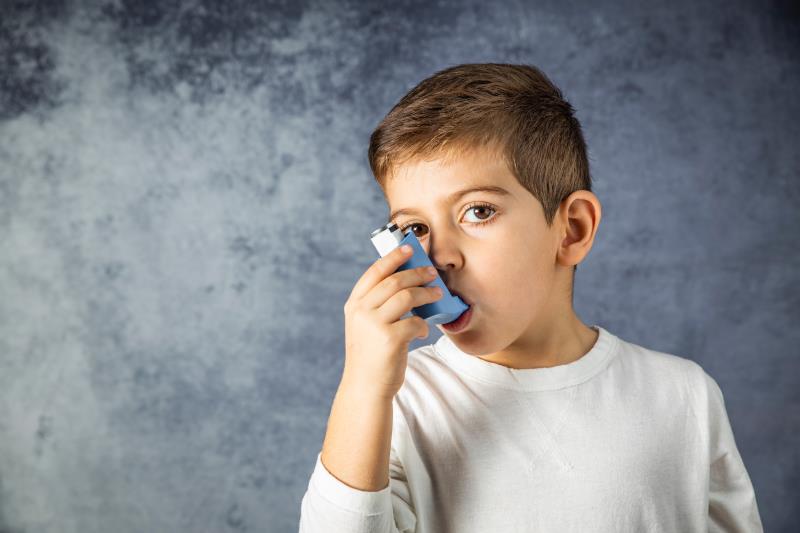
Children with high serum insulin levels and whose parents are under stress are more likely to have asthma symptoms, suggest two studies presented at the AAAAI 2020 Meeting.
“Asthma and obesity are major, interconnected public health challenges that usually have their origins in childhood, and for which the relationship is strengthened among those with insulin resistance,” said lead Dr Tara Carr from the University of Arizona in Tucson, Arizona, US.
As such, Carr and her team sought to find out if high insulin levels in early life were associated with increased asthma risk. For the analysis, they looked at data of 337 participants in the Tucson Children’s Respiratory Study birth cohort, in which their nonfasting serum insulin levels and BMI were documented at age 6. The participants were continuously followed up on asthma until they were aged 36 years.
While there was no association between high insulin levels at baseline and asthma risk at age 6, the impact of high insulin levels in early life on asthma emerged later through adolescence and adulthood, independent of obesity. [AAAAI 2020, abstract 350]
Among the participants in the highest insulin quartile at age 6, their risk of having active asthma between ages 8–36 years was double that in the remaining three lower quartiles combined (odds ratio [OR], 2.04; p=0.002), after adjusting for BMI.
Furthermore, the association persisted even after additional adjustment for biomarkers indicative of metabolic syndrome, such as C-reactive protein, leptin, and interleukin-6 levels.
Parental stress as additional risk factor
In a separate study, researchers found that parental depression appeared as the strongest risk factor for asthma symptoms among children in low-income urban families, more so than discrimination stress or contextual stress. [AAAAI 2020, abstract 358]
The observational study involved 102 African American children aged 5–17 years (53 percent boys, mean asthma symptom days=6.2) with asthma. Their parents or guardians self-reported on depressive symptoms, contextual stress (such as parenting or neighbourhood stress), and discrimination stress (for example, discrimination experienced at work). Depressive symptoms were reported using the Personal Health Questionnaire-8 (PHQ-8).
The researchers found that parental depression and contextual stress (p<0.05 for both), but not stress from discrimination, were significantly associated with more asthma symptoms in their children in an unadjusted model.
In a single model adjusting for age and sex, parental depression remained associated with increased asthma symptoms in their children, in particular child cough (OR, 1.09, 95 percent confidence interval [CI], 1.01–1.18) and nighttime symptoms (OR, 1.08, 95 percent CI, 1.00–1.16).
Parental depressive symptom also trended with higher overall asthma symptoms (OR, 1.05, 95 percent CI, 0.98–1.13) and symptoms limiting their children’s ability to speak (OR, 1.12, 95 percent CI, 0.96–1.30), although the associations were not statistically significant.
There were no associations between parental depression and exercise-related symptoms, delayed activity, or use of rescue medications in their children.
“Parental depressive symptoms may be a more important risk factor for asthma symptoms in low-income urban children with asthma than contextual stress or discrimination stress,” the researchers concluded.